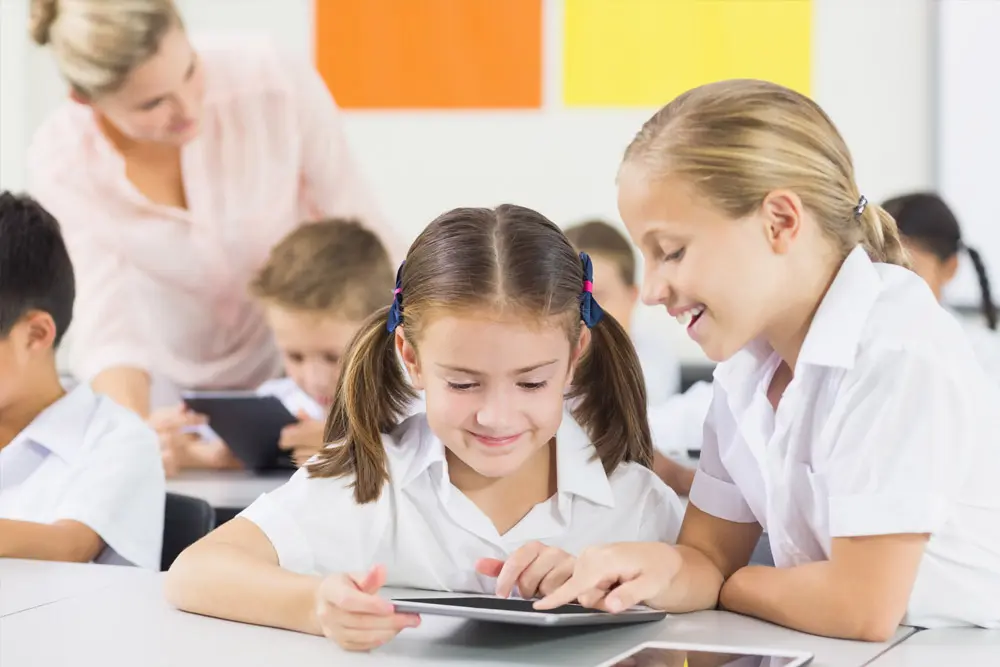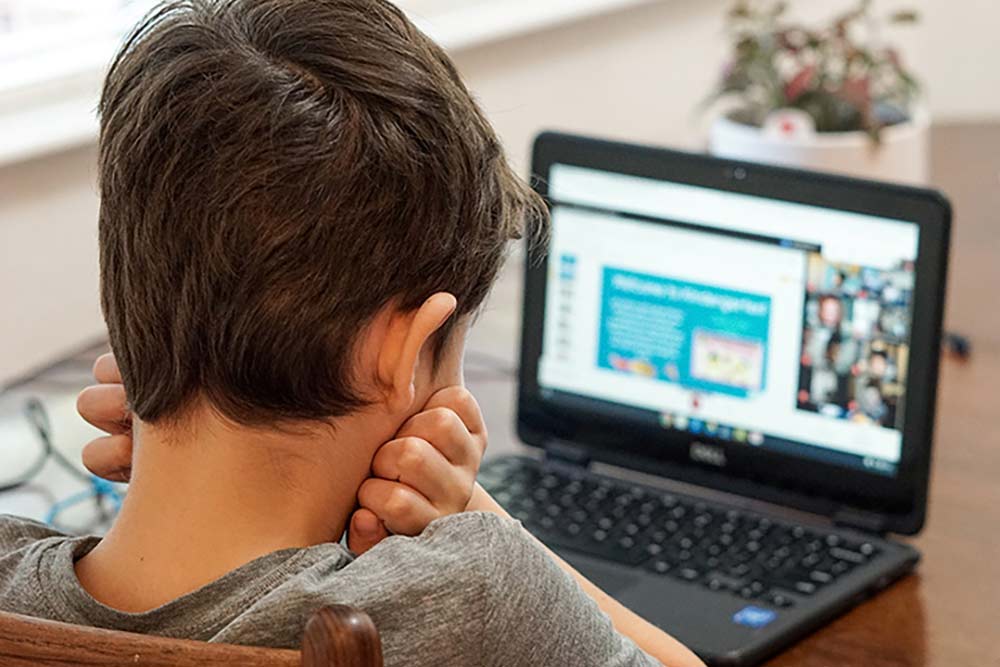Mike Israel – Customer Success Manager from Education Horizons, recently ran a workshop as part of the King’s School National Boys Conference in Paramatta, New South Wales. The workshop explored ‘How schools are making a positive impact in the new normal’. It unpacked several insights into the challenges that COVID-19 surfaced in the 2021 School Survey Report.
The report illustrates the major challenges and priorities for over 1000 Australian Educators from 600+ schools. The preparedness of schools to transition to remote learning was varied, but it placed a huge strain on the education system and raised many challenges for the sector.




